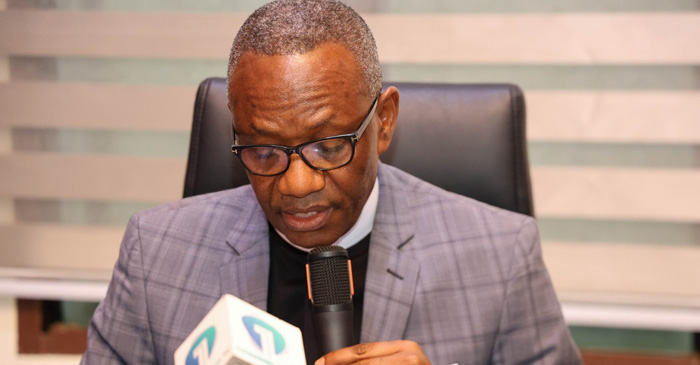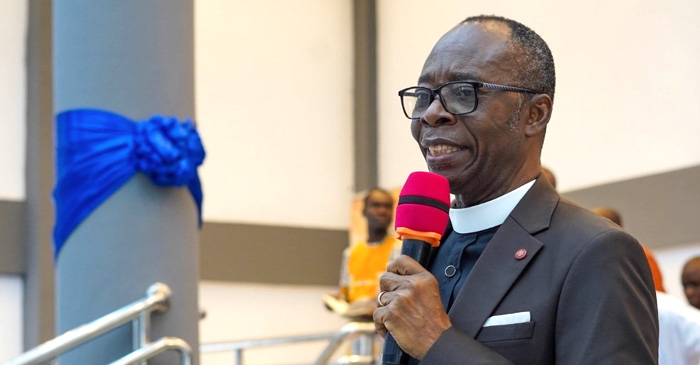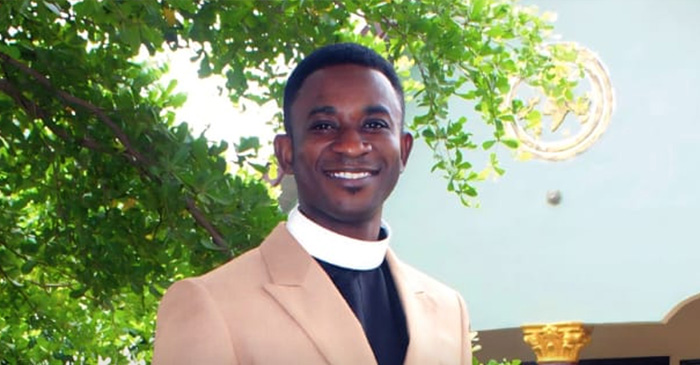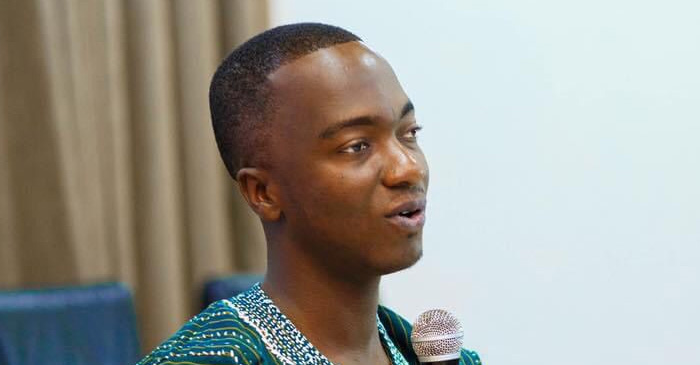
Newly appointed Chairman of the Prisons Service Council, Apostle Alexander Nana Yaw Kumi-Larbi, has called for a shift in Ghana’s prison philosophy from mere punishment to rehabilitation and restoration, describing correctional facilities as potential centres for societal transformation.
Speaking at a brief inauguration ceremony held at the Ministry for the Interior, Apostle Kumi-Larbi emphasised that prisons must reflect a society’s commitment to justice, human dignity, and second chances.
“Our prisons should be a mirror of our society’s justice, humanity, and sense of responsibility. They are not just holding facilities — they must be centres of transformation, learning, and restoration,” he said.
He stressed that true transformation within Ghana’s prison system could only be achieved by improving living conditions, ensuring the welfare of inmates, and providing opportunities for education and vocational training. According to him, rehabilitation—not punishment—must be the defining goal of incarceration.
Apostle Kumi-Larbi identified severe congestion as a major impediment to this vision and advocated for urgent policy reforms, including alternative sentencing, parole review, and increased investment in prisoner welfare. He also called on government to review the daily feeding grant for inmates, which currently stands at GH₵1.80—an amount he described as “woefully inadequate” and unchanged since 2011.
In highlighting the importance of reformation, the Chairman praised the role of religious organisations, including The Church of Pentecost, for supporting rehabilitation through spiritual engagement and infrastructure support. He cited the church’s construction of prison camps in Ejura and Nsawam as examples of impactful partnerships aimed at promoting restoration.
He pledged the Council’s support for programmes that allow inmates to pursue formal and informal education, take national examinations, and acquire technical and vocational skills. “A skilled and educated inmate is far better equipped to return to society as a contributing citizen,” he noted.
Addressing the specific needs of juvenile offenders, Apostle Kumi-Larbi proposed mentorship and coaching schemes that connect young inmates with role models who can guide them toward positive transformation.
The Chairman also underscored the importance of supporting ex-convicts post-release, stressing the need for reintegration programmes that reduce stigma and prevent reoffending. “If we are truly committed to justice and restoration, then reintegration must become a priority,” he said.
He reaffirmed the Council’s readiness to work with the Interior Ministry, the Judiciary, NGOs, the private sector, and faith-based institutions to rebrand the Ghana Prisons Service and make it an engine for social change.
Interior Minister, Hon. Muntaka Mohammed-Mubarak, who inaugurated the Council, tasked its members to lead with bold and compassionate oversight in line with government’s broader transformation agenda.
The Prisons Service Council is a constitutional body mandated to advise the President on the governance, administration, and welfare of the Ghana Prisons Service.
Apostle Kumi-Larbi’s appointment reflects a growing national interest in restorative justice and faith-community engagement in public service.
PENT NEWS.













